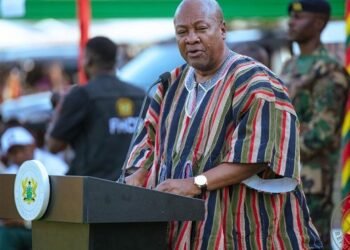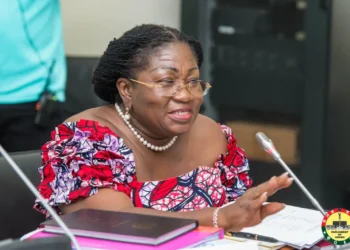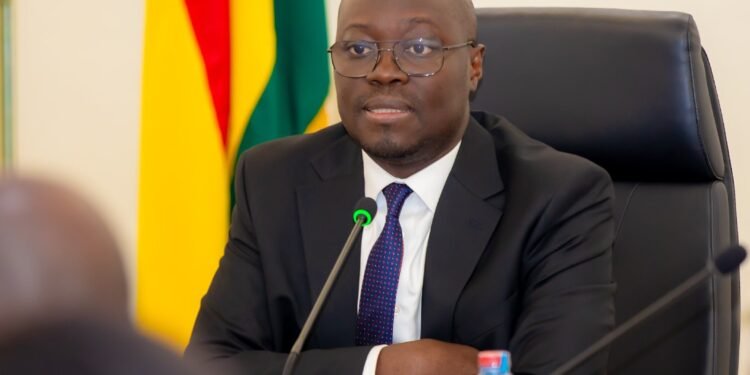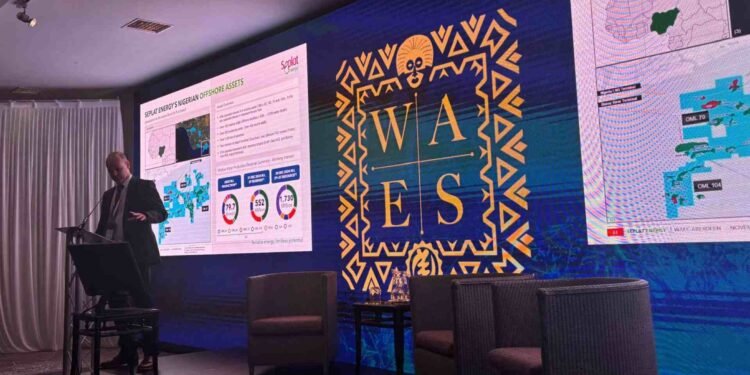Concerns surrounding DSTV pricing in Ghana have resurfaced after the Communications Minister, Sam George, raised questions about the satellite TV provider’s cost structure.
In response to MultiChoice Ghana’s official statement on August 3, 2025, prominent legal and economic experts are now publicly demanding transparency and fair treatment for Ghanaian consumers.
Professor Stephen Kwaku Asare, a legal scholar and Democracy and Development Fellow at CDD-Ghana, took issue with the company’s dismissal of data presented by the Minister.
The crux of the Minister’s argument lies in comparative data showing that Ghanaians pay significantly more for the same DSTV packages than consumers in other African countries like Nigeria, South Africa, and Kenya.
However, MultiChoice Ghana’s statement largely ignored these direct comparisons, offering instead broad references to macroeconomic conditions and its commitment to competitive pricing.
“Yet, the Minister’s analysis shows clearly that Ghanaians are paying more for the same or even fewer channels than consumers in countries with similar or worse macroeconomic conditions. That demands a real explanation.
“We don’t need alternative engagement avenues. We need alternative pricing models that are transparent, fair, and friendly to Ghanaian consumers.”
Professor Stephen Kwaku Asare
Professor Asare emphasized that such vague responses do little to satisfy customers who continue to shoulder these higher charges.

As a consumer himself, he expressed disappointment that the company failed to address the most essential question: Why are DSTV charges in Ghana higher than in nations with comparable or worse macroeconomic conditions?
Rather than delivering data-backed explanations, MultiChoice Ghana’s response offered what Professor Asare called defensive and generic assurances. For him and many consumers, this simply isn’t enough.
Calls Mount Over DSTV Pricing Transparency
At the heart of the controversy lies a series of unresolved issues. The actual cost structure behind DSTV pricing in Ghana remains unclear. The extent to which satellite services, taxes, licensing fees, or profit margins drive subscription rates has not been disclosed.
Equally important is the lack of clarity on how these costs compare to those in other African markets where DSTV operates.
Accordingly, Professor Asare challenged MultiChoice Ghana to explain whether Ghana’s economy is truly in worse shape than those of Kenya, Nigeria, or South Africa. If it is not, then the high pricing remains unjustifiable.

He noted that if it is, then the company owes it to the public to provide clear and comparative data that supports that claim.
Even as the professor acknowledged the service legacy of DSTV in Ghana, he insisted that transparency and fairness must be part of that relationship.
He warned against a corporate culture where general reassurances are offered in place of real accountability. “If you truly value ‘constructive engagement,’ then let it begin with full disclosure of your pricing model and how it compares across the continent.”
DSTV Ghana’s Pricing Strategy Criticized
Meanwhile, Economist Dr. Theo Acheampong added weight to the growing public dissatisfaction. He described MultiChoice Ghana’s defense as “weak”, insisting that the company needs to confront the actual cost comparisons.
According to him, what Ghanaian consumers require is not corporate diplomacy, but a clear understanding of the pricing mechanism at work.
Dr. Acheampong questioned how DSTV’s prices in Ghana can be so inflated despite recent improvements in Ghana’s macroeconomic stability, particularly with the Ghana cedi remaining relatively steady in 2025.
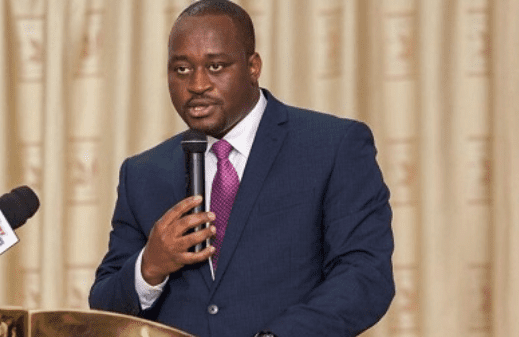
“Ghana’s macro-economic environment has improved with a moderately stable cedi, so this should be reflected in cost reductions passed on to the consumer, especially when they used similar exchange rate pressures to justify an almost 20% increment in 2023.
“This and other issues bring to the fore the urgent need for an INDEPENDENT CONSUMER PROTECTION AUTHORITY to check such market pricing grounded in strict regulatory/consumer economics.”
Dr. Theo Acheampong
The economist emphasized that for a pricing regime to be seen as legitimate, it must reflect the actual operating environment and not serve as a blanket justification for disproportionately high charges. Ghana, he argued, is overdue for serious regulatory reforms in this space.
“Ghanaian consumers deserve better”, he concluded. Both experts agree that until MultiChoice Ghana is willing to open its books and offer detailed justifications, the dissatisfaction among its subscribers will persist.
The demand for transparent DSTV pricing and the push for regulatory oversight are likely to grow louder in the coming months, especially as more public figures begin to challenge entrenched corporate practices.
At stake is not only the price of satellite television but the broader principle of consumer fairness in Ghana’s competitive market economy.
READ ALSO: Newmont Finalises $770M Sale of Akyem Mine to Zijin Mining





